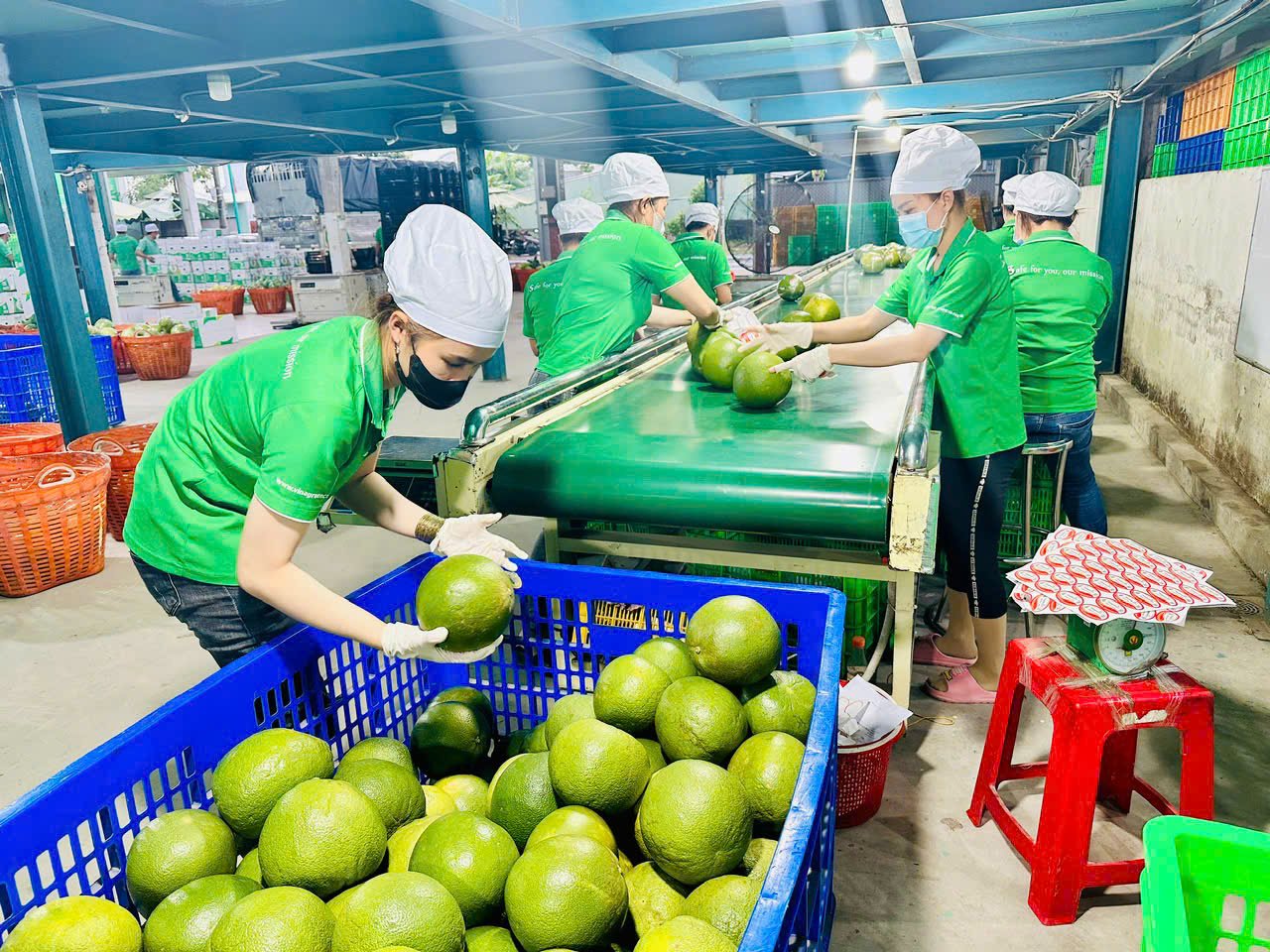
Difficulty from "green barrier"
Ms. Vu Kim Hanh, Chairwoman of the Association of High-Quality Vietnamese Goods Enterprises, pointed out the fact that accessing ESG financial resources is difficult, but using this capital effectively is even more difficult. Many Vietnamese enterprises lack both understanding and capacity to implement it effectively. This is the bottleneck that makes many units, although knowing the importance of ESG, still confused in action.
Currently, coffee, Vietnam's main export product, is under great pressure. According to Ms. Nguyen Cam Chi, Director of Sustainable Development Consulting at MCG Consulting and Management Company Limited, about half of coffee growers do not have cadastral records and cannot trace the growing area. Meanwhile, the EU Deforestation Regulation (EUDR) requires absolute transparency about the origin. This means that half of Vietnam's coffee output could be eliminated from the European market.
In fact, there are Vietnamese agricultural enterprises that have had to taste the "bitter fruit" because of ESG regulations. Recently, a batch of coffee from a business in Dak Lak was returned by an EU partner simply because it did not have a record of the origin of the growing area according to the new requirements. "We have exported coffee to Europe for more than 10 years, but this time they required detailed documents for each plot of land. Because the farmer did not have a cadastral record, the entire batch was rejected. The damage was not only financial but also affected the long-term reputation," added Mr. Do Van Phu, Director of Ecaco Company Limited.
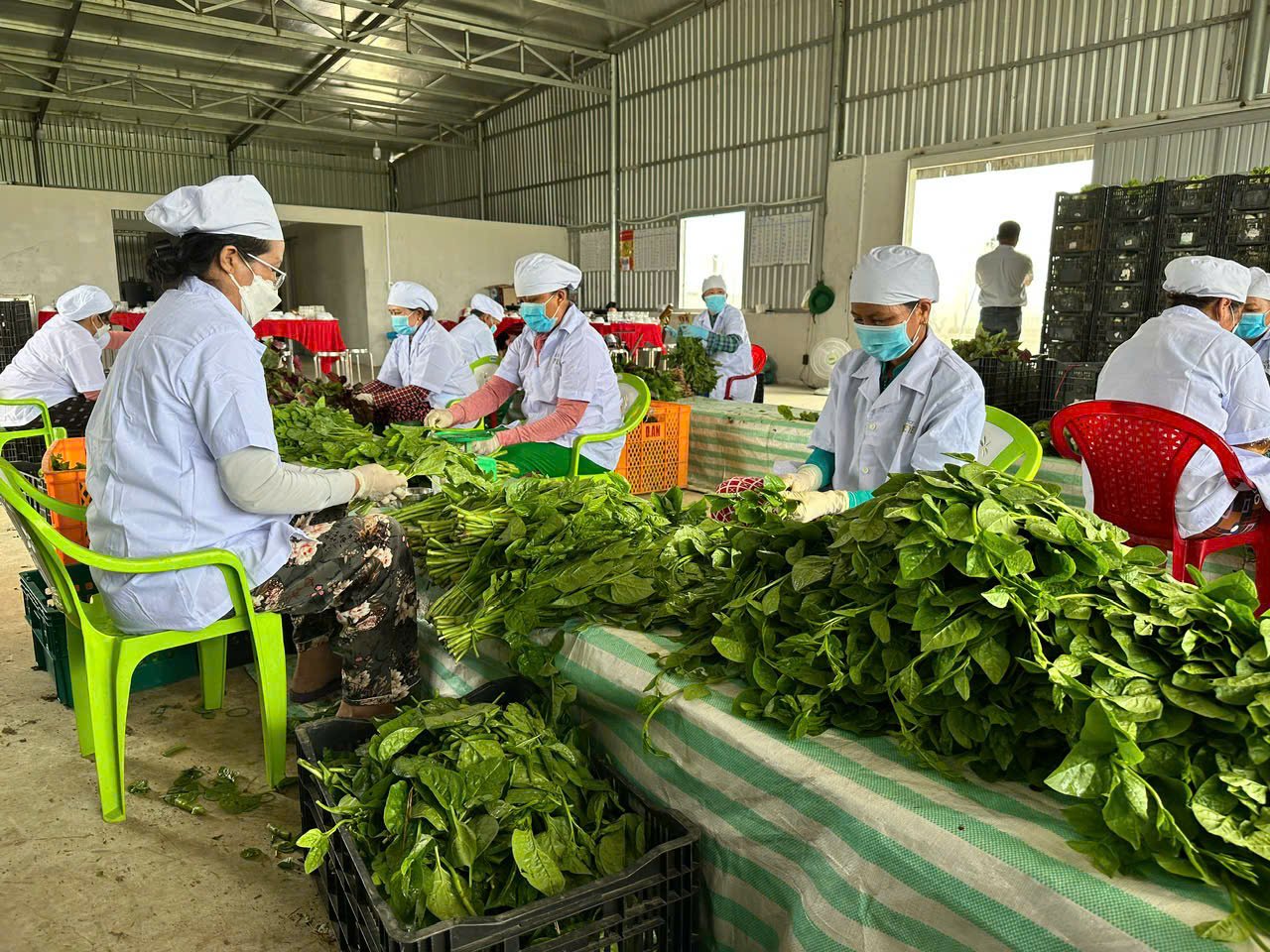
In addition to the coffee industry, the wood industry also faces similar challenges. According to the new regulations, not only does it require proof of legal origin, but it also requires a traceability system throughout from the forest to the final product. With the majority of businesses being small and medium-sized, meeting the criteria for supply chain transparency is almost a "difficult problem".
Mr. Nguyen Chi Thanh, director of Tan Thanh Wood Export Company in Binh Duong Ward, said that their shipment to the EU was refused customs clearance because they could not prove the legal harvesting area according to the new requirements. “We spent nearly 3 months trying to supplement the documents but still could not meet the requirements. In the end, the company was forced to resell the shipment to partners in other markets at a price 20% lower. This is a valuable lesson for us that we cannot take ESG lightly,” said Mr. Chi Thanh.
According to economic experts, the “green barrier” is not limited to Europe. Japan, South Korea, Singapore... important partners of Vietnam are also applying increasingly strict ESG standards. Therefore, if businesses only focus on adapting to one market, the risk of losing competitive advantage in other markets is inevitable.
Aiming at core values
According to Ms. Nguyen Cam Chi, Vietnam is gradually perfecting the legal framework to support ESG, creating favorable conditions for businesses to access international green capital and government support programs. When there is a clear legal corridor, businesses not only minimize risks but also have specific directions in implementation. This is the advantage that helps Vietnamese goods become more competitive compared to many countries in the region that have not yet built a complete ESG framework. One example is EPR (Extended Producer Responsibility) which helps businesses take responsibility for environmental impacts throughout the product life cycle.
Ms. Chu Thi Kim Thanh, Deputy Executive Director of PRO Vietnam Joint Stock Company, said that EPR not only holds manufacturers and importers accountable, but also promotes a circular economy through resource utilization and waste reduction, while also contributing to reducing environmental pollution by forcing businesses to consider green factors right from the design, production, and distribution stages. In fact, EPR has been applied by many countries for a long time.
Specifically, Europe since the 1980s, Japan and Korea for more than 20 years, the US and Canada with about 100 models. Vietnam, with the 2020 Environmental Protection Law, has officially made EPR a mandatory requirement, showing its determination to pursue a circular economy. This is not only a legal regulation but also a tool to encourage businesses to think about environmental impacts throughout the product life cycle.
Along with EPR, ESG implementation helps businesses access green credit packages and sustainable investment capital, which are increasingly abundant sources of capital in the world. Proper ESG practices not only help businesses maintain their position in the export market but also take advantage of financial incentives to reinvest and innovate technology. Notably, ESG is no longer the "private playground" of large corporations. Small, medium and start-up enterprises, especially in agriculture, also need to participate, because standards on origin, production process and environmental impact are determining market access.
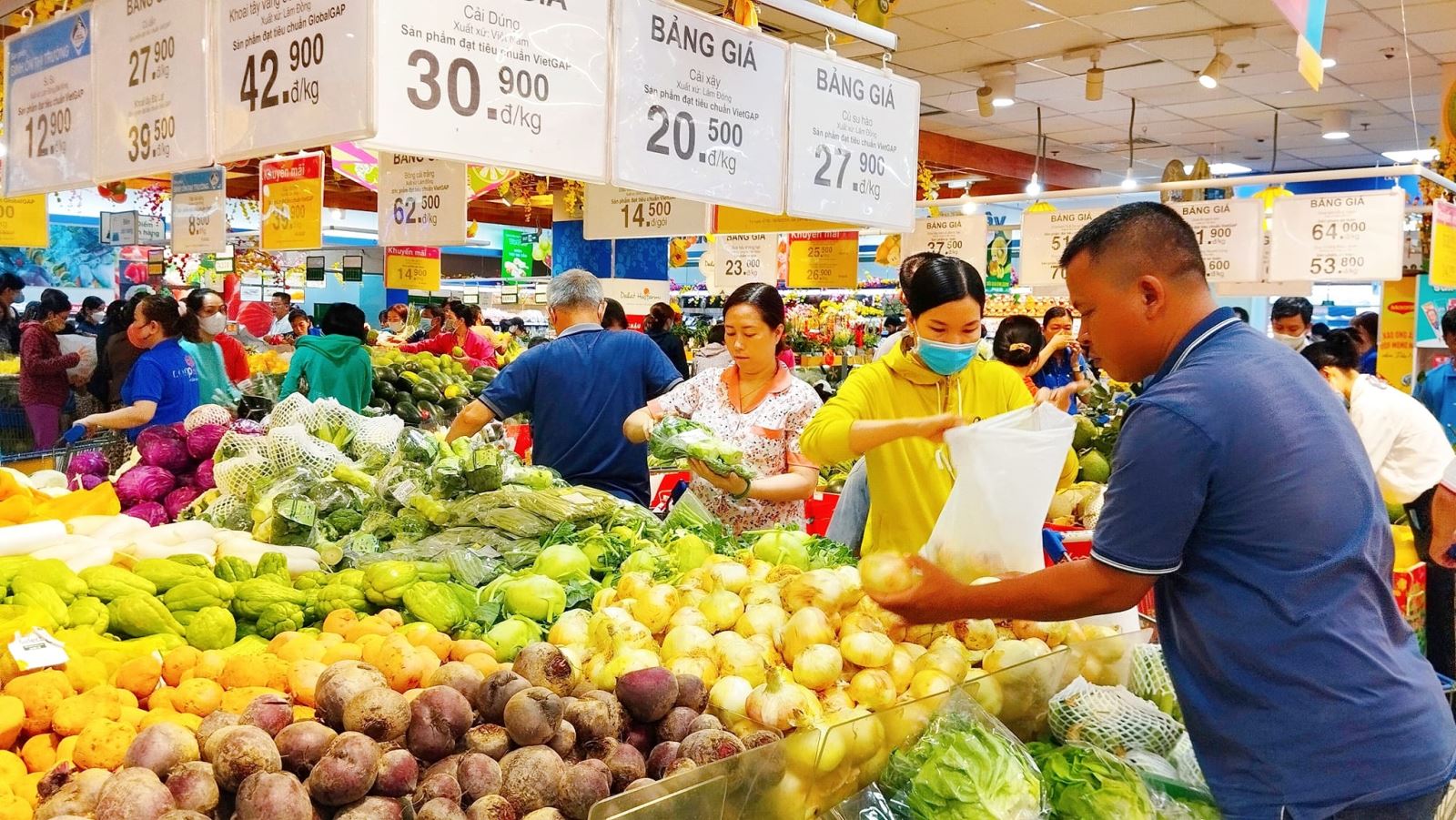
To successfully penetrate the international market, Vietnamese enterprises need to focus on three core factors: Knowledge, finance and data systems. In particular, building a transparent traceability system is an urgent requirement. This is not only a condition for compliance with standards but also a competitive advantage, helping enterprises respond quickly, flexibly and gain an advantage in a volatile market.
Ms. Vu Kim Hanh emphasized that the big challenge today is not “understanding ESG” but actually implementing ESG. Enterprises need to build ESG reports according to international standards, and at the same time, incorporate environmental – social – governance factors into all stages of operation. Participating in green finance activities helps enterprises access cheap capital, while affirming their commitment to sustainability.
ESG is now a mandatory standard for exporting to Europe, the US, Japan, Korea or Singapore. Vietnamese enterprises must meet green criteria in the short term, and at the same time aim for ESG as a core strategy to save energy, reduce costs and improve competitiveness.
“If businesses know how to take advantage of government support, international financial mechanisms and proactively change their mindset, they can completely turn “green barriers” into advantages. ESG is therefore not only a “passport” to the global market but also a driving force for the sustainable, long-term development of Vietnamese goods,” Ms. Vu Kim Hanh affirmed.
Source: https://baotintuc.vn/kinh-te/doanh-nghiep-viet-tim-loi-vao-eu-qua-chuan-esg-20250925160718893.htm




![[Photo] General Secretary To Lam visits Long Thanh International Airport Project](https://vphoto.vietnam.vn/thumb/1200x675/vietnam/resource/IMAGE/2025/11/13/1763008564398_vna-potal-tong-bi-thu-to-lam-tham-du-an-cang-hang-khong-quoc-te-long-thanh-8404600-1261-jpg.webp)
![[Photo] The "scars" of Da Nang's mountains and forests after storms and floods](https://vphoto.vietnam.vn/thumb/1200x675/vietnam/resource/IMAGE/2025/11/13/1762996564834_sl8-jpg.webp)




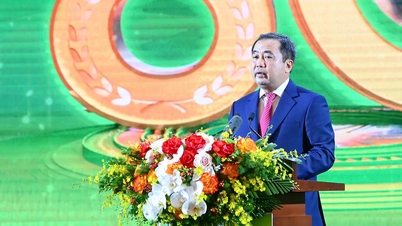

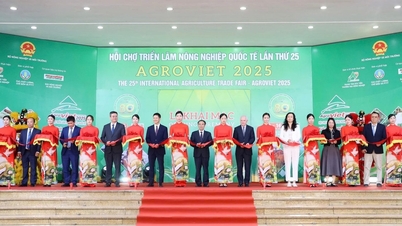



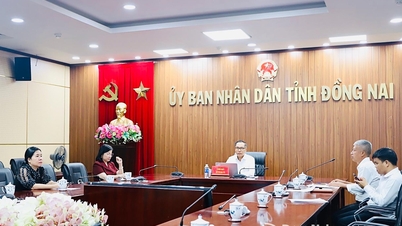


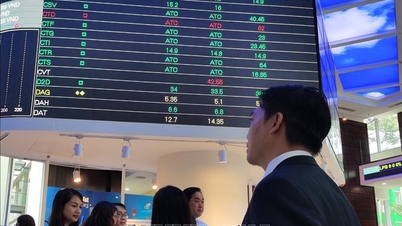
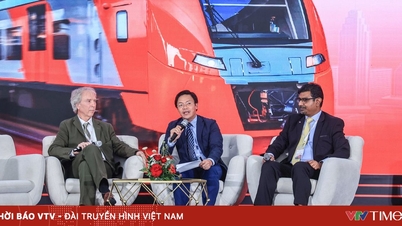

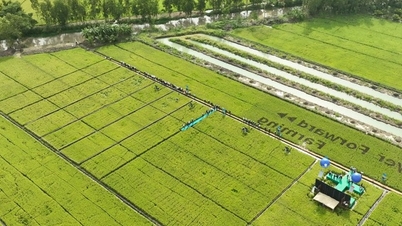


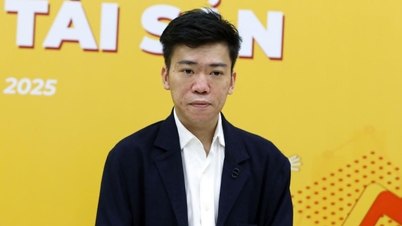
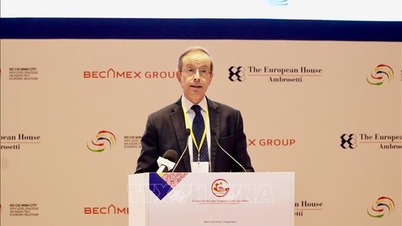





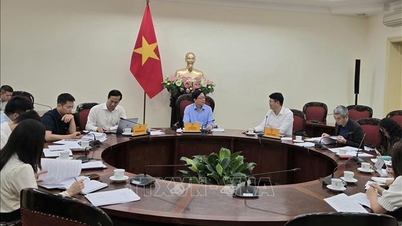

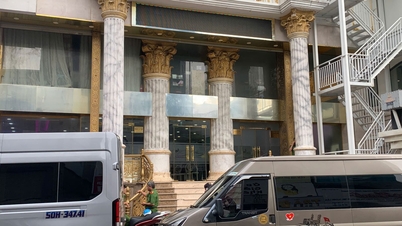
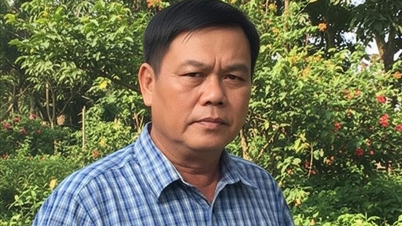













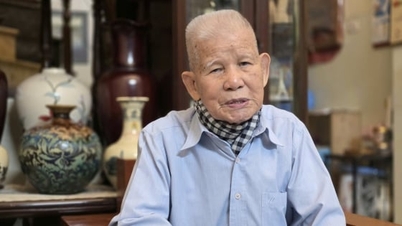

















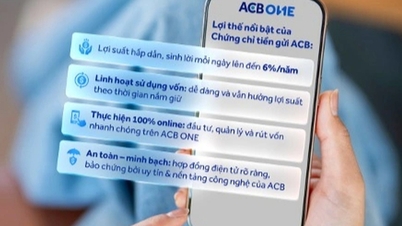







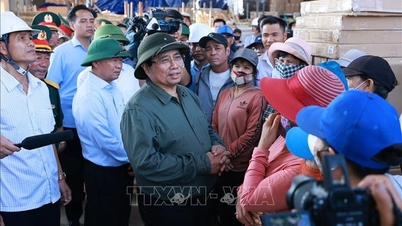



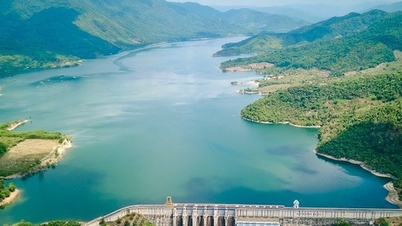

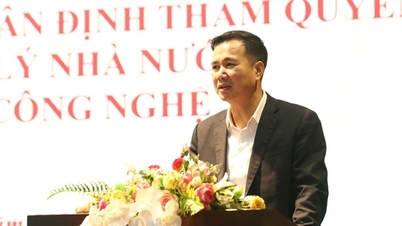

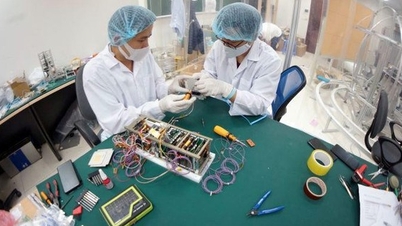



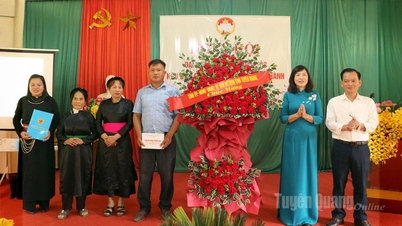

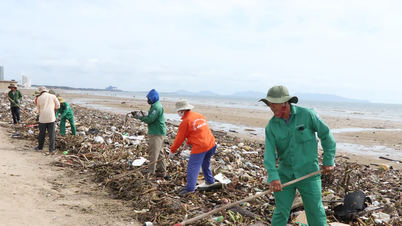
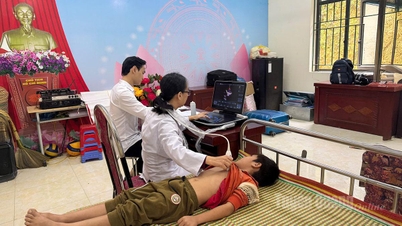


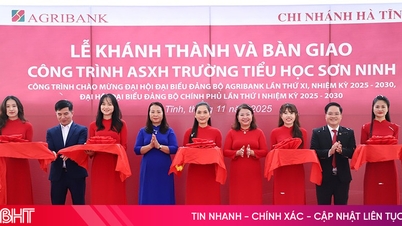
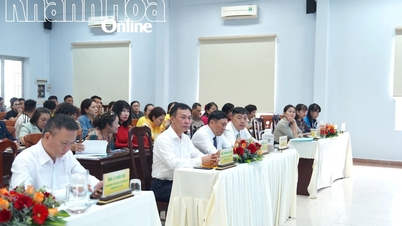





![Dong Nai OCOP transition: [Article 3] Linking tourism with OCOP product consumption](https://vphoto.vietnam.vn/thumb/402x226/vietnam/resource/IMAGE/2025/11/10/1762739199309_1324-2740-7_n-162543_981.jpeg)



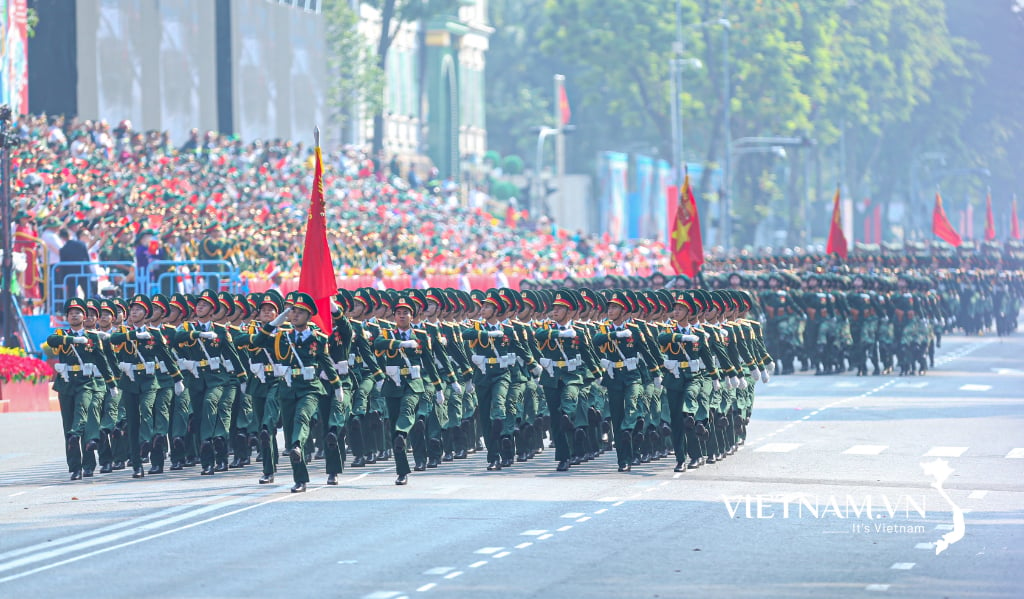


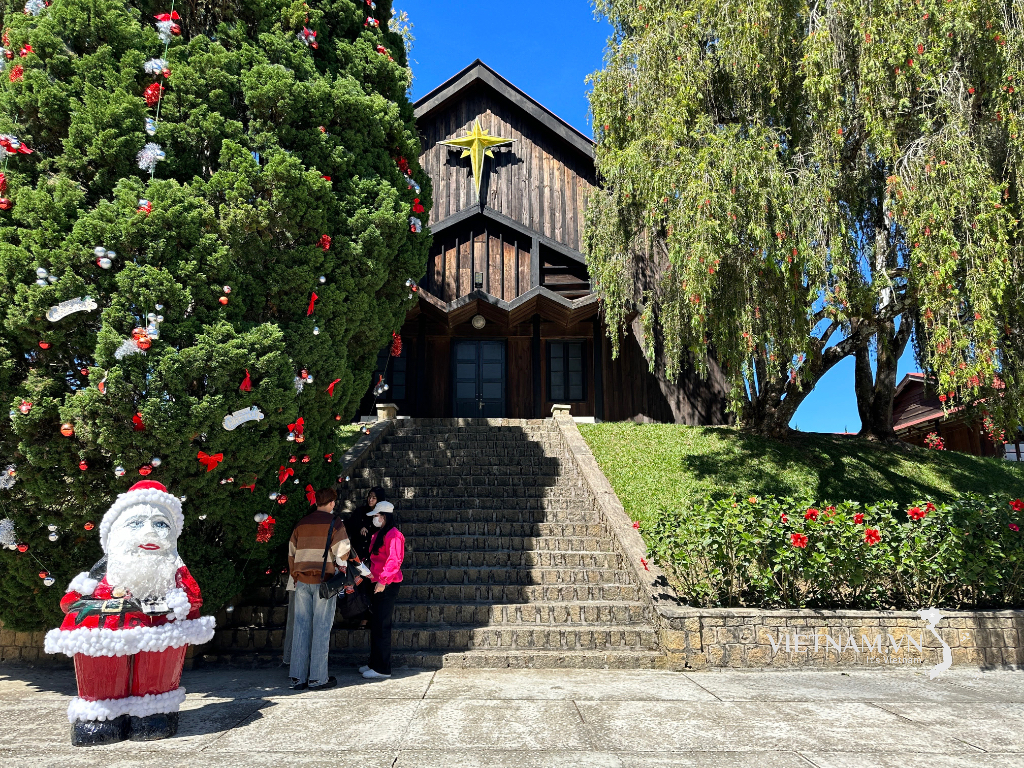
Comment (0)